PiTrex
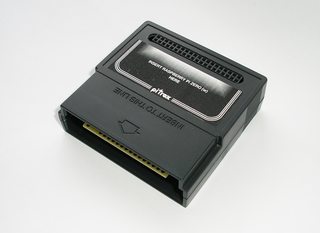 |
|---|
| 12 in stock with cartridge case |
| 9 in stock without case |
| 1 in stock with DC socket, without cartridge case |
|
Weight: |





|
The PiTrex cartridge replaces the CPU of the Vectrex video game console with the modern processing power of a Raspberry Pi Zero single-board computer. With an ARM CPU running at 1GHz and 512MB of RAM, this system is capable of emulating vintage vector arcade games. It also provides an easier, and much more powerful, environment for developing new games. Plus it can run Vectrex game ROMs loaded onto the Pi's MicroSD card akin to a multicart, by running a modified version of the VecX emulator. Needed
This version of the PiTrex board is functionally identical to the previous "developer release" with all the available software, see the wiki for a technical description of the (minor) changes. A high quality circuit board with hard-gold plated contacts is used to minimise wear from repeated insertions. Open-source emulators and a couple of PC games have been ported for use with the PiTrex. Malban has packages that can be written to a MicroSD card and run most of the currently available software. Note that all current software is still in active development and bugs are still frequently encountered. Work is in progress to port other games and emulators. Highlights of the games currently available include fully-featured Asteroids, Tailgunner, Battlezone arcade emulators (MAME-compatible ROMs required), Vectrex emulation with "speedy" mode, game save support, and customised Vectorblade emulator, as well as ported open-source games ZBlast and Hyperoid. GS BASIC from the Vectrex 32 project is now supported, along with existing games for that platform such as VxTRON. Tens of additional arcade emulators are playable, though unrefined and mostly without sound. PiTrex is an open-source project documented at the PiTrex Wiki and with code hosted at GitHub. Getting started with the PiTrex. The PiTrex is available in a customised Vectrex cartridge case, or without. Files to 3D print a case are also available for download and at Thingiverse. DC SocketThis is mainly of use for developers Normally the PiTrex and Raspberry Pi Zero can be powered directly from the Vectrex. PiTrex cartridges fitted with the DC socket are also able to be powered from an external 5VDC regulated power supply with a 2.1mm centre-positive DC plug (Note: a 2.5mm DC plug was previously required for boards with serial number 358 and earlier). This can be useful because it is physically difficult to connect to the power input on the Raspberry Pi while the cartridge is inserted in the Vectrex. By powering the Raspberry Pi externally, it is possible to keep the Vectrex turned off while developing in Linux with the Pi, turning on the console only when trying something out. This can save wear on your Vectrex during development. For carts fitted with the DC socket, a jumper is installed marked "POWER FROM VEC." on the circuit board. When external power is used, this jumper must be removed. The power supply used must output regulated 5VDC. USB supplies connected via an adaptor cable are suitable. |
ExamplesEmulated arcade games running in the bare-metal environment, selectable from the PiTrex menu program. 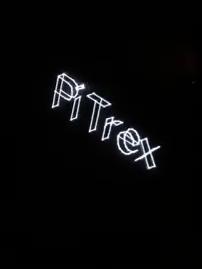
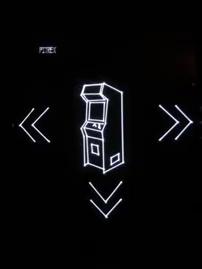

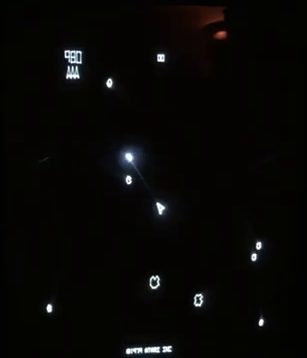
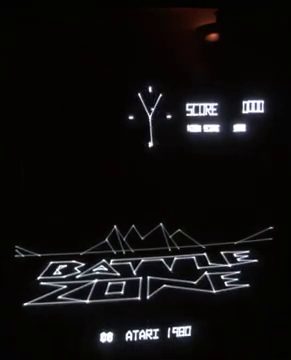
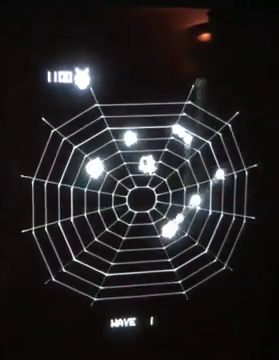
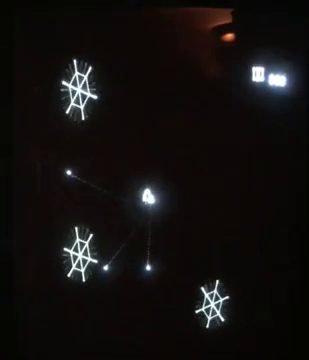
Open-Source Linux vector game displaying on the Vectrex (video) 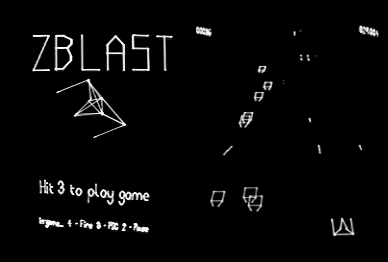
See the video by Malban demonstrating recent features of his Bare-Metal environment. |
Payment Methods:
Processed by PayPal
Currency conversion estimate does not include PayPal/Credit Card currency conversion fee.